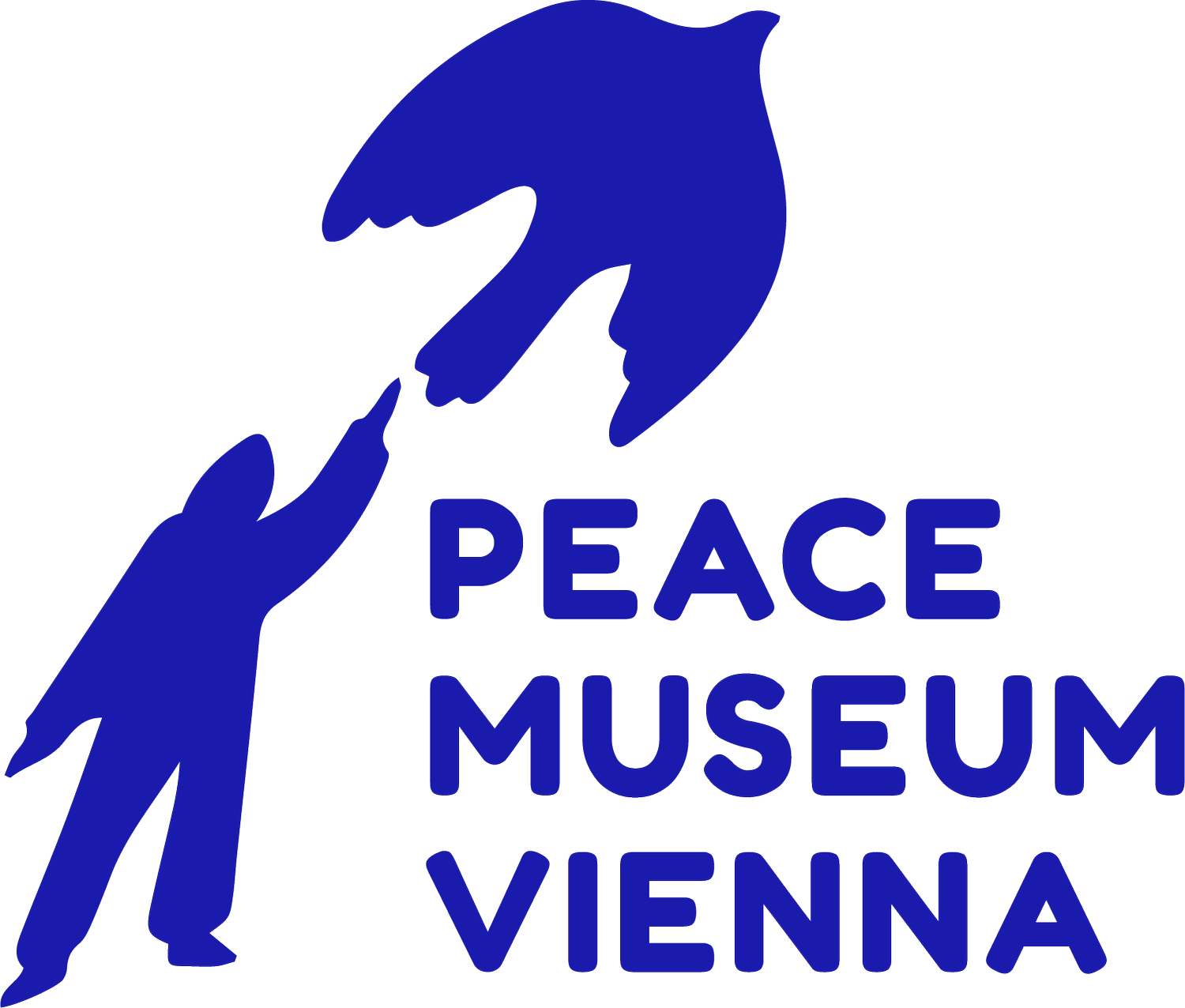Ayşe Gokdemir
Birsel Lemke, Turkish activist, politician and environmentalist, was born in 1950 in Istanbul, Turkey. She studied Political Science at Ankara University and in the United States. From 1975 to 1985, she lived in Germany. When she returned to Turkey, she became a member of the Green Party (Yesiller Partisi, 1987-1990 ). In 1990, she fought against environmental destruction, in order to protect the Aegean coast from damages of gold miners and established 'Society of NO' (HAYIR).
Under the motto "Olives are our gold", the citizens' initiative HAYIR protested against the destruction of the millennia-old cultural landscape. The main effort of this initiative was to hinder the plan of the companies TUPRAG and EUROGOLD to establish two gold mine pilot projects in Pergamon and Edremit, by the aegean sea.
The main reason to oppose the mining sector is "cyanide" and the damaging of nature and nonrenewable resources. Gold mining also contaminates water resources, destroys ecosystems, and releases toxic substances to the environment.
Lemke persisted in her fight, thereby, she met with professor "Fridhelm Korte" who is working at the Technical University of Munich in the aim of protecting natural agricultural land, ecosystems and natural beauty.
At the beginning, Birsel Lemke started to raise awareness about the situation among local farmers. Then she brought thirteen mayors from Turkey to Germany to advocate for a natural solution, one of the examples being the Rhein Biosphere.
Lemke and her team attracted the support of the Hesse Parliament and her HAYIR (NO) campaign was also supported by the European Parliament. Also in Turkey, the issue of cyanide-based gold mining gained national attention.
For her activism and campaigns for protecting the environment, Lemke received "the right livelihood award" in 2000 along with Tewolde Berhan from Ethiopia, Munir from Indonesia and Wes Jackson from the United States.

